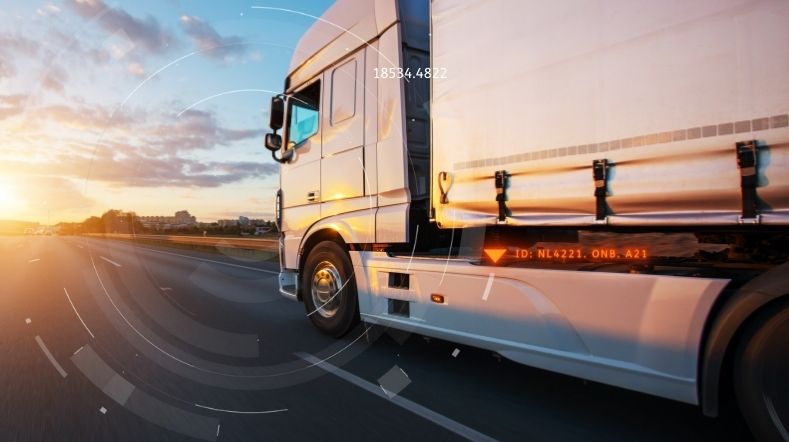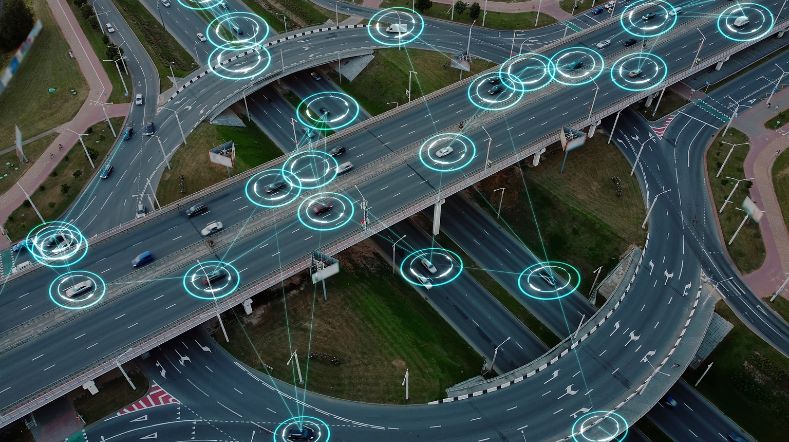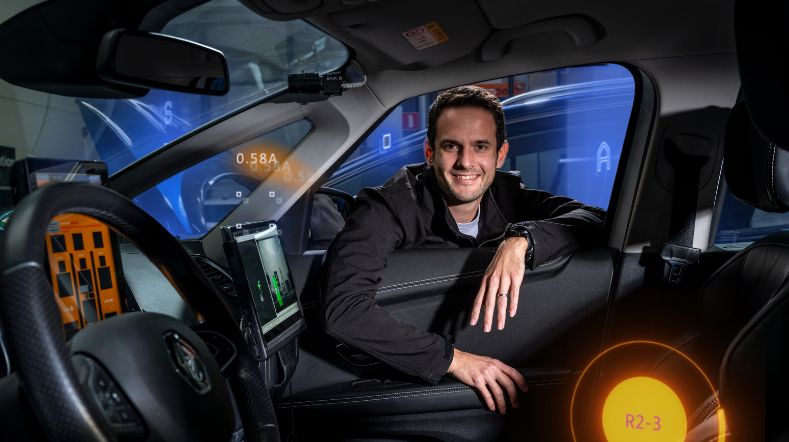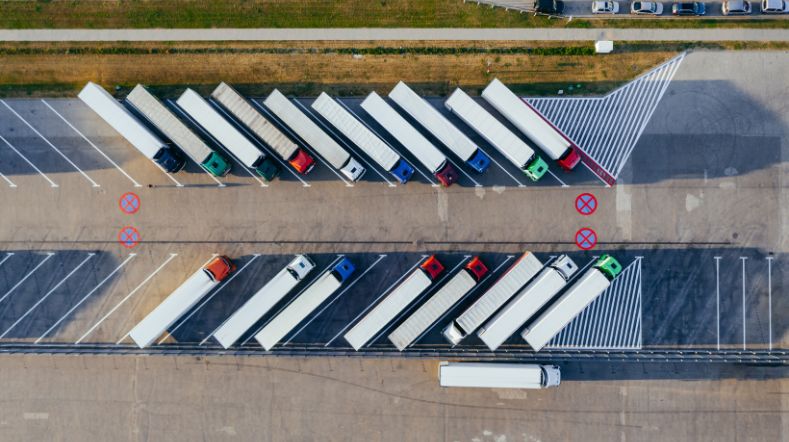CE Delft and TNO give an overview of the impact of Smart Mobility on the transport system
The combined development of different emerging technologies such as blockchain, connectivity and artificial intelligence will accelerate and mature in the coming decade and boost innovations in Smart Mobility. Meanwhile there are still a wide range of challenges to the development and deployment of Smart Mobility applications, and specific actions and policies are needed to address them.
This week the report ‘The impact of emerging technologies on the transport system’ was published on behalf of the Committee on Transport and Tourism of the European Parliament, by CE Delft and TNO. The report provides an overview of Smart Mobility and their underlying emerging technologies on the transport system.
The main opportunities and challenges for the deployment of Smart Mobility applications are identified and the report gives recommendations for (policy) actions. The applications analysed in the report, having the highest expected impact on the transport sector and society, are Cooperative Intelligent Transport Systems (C-ITS), Connected Cooperative Automated Mobility (CCAM), Mobility as a Service (MaaS), and Self-organising Logistics (SoL).
Report: The impact of emerging technologies on the transportsystem
Benefits of Smart Mobility
Smart Mobility is expected to have significant positive benefits for the individual transport users (e.g. higher levels of comfort, lower user costs). But potentially, Smart Mobility may also have significant societal benefits (reduction in GHG emissions, improved traffic safety). To what extent this potential will be materialised depends, among others, on the design, implementation and management by public authorities (with (packages of) actions such as legislation, funding, piloting and public-private cooperation).
If not managed well, Smart Mobility applications will not or only to a limited extend be applied and can also lead to a range of negative impacts. Furthermore, the evidence on the impacts of Smart Mobility applications is still only available from small-scale pilots, scenario studies and stated preferences studies among users. Therefore, the uncertainty in these findings is high and should be considered carefully.

Policy recommendations
The actions which need to be addressed by policies should be taken at all levels (i.e. European, national, local/regional) by both public and private entities. As each Smart Mobility application has its own challenges, targeted policy actions are required. But at the same time, an overarching strategy is required to align and coordinate all the individual policy actions.
To conclude, the following policy recommendations for the EU policy makers were defined:
- Develop an overarching strategy for Smart Mobility.
- Create base conditions for Smart Mobility (e.g. well-equipped digital infrastructure, complete legal framework).
- Define targeted policy actions for each Smart Mobility application.
- Ensure that policies are proactive, flexible and adaptive.
- Improve the knowledge base on Smart Mobility (on impacts, users’ preferences, technological requirements, etc.).
- Organise cooperation between all relevant stakeholders (including end-users).
Emerging technologies’ contribution to societal goals
CE Delft and TNO used their complementary knowledge to jointly provide the broad overview on the emerging technologies, the outlook of Smart Mobility, its impact on the transport sector as well as the concrete recommendations for policy makers.
CE Delft is an independent research and consultancy organisation that specialises in developing innovative and cutting-edge solutions to environmental problems. We are a leading expert in the field of transport policy and sustainable transport. By providing high-quality research, CE Delft would like to contribute to the implementation of Smart Mobility in such a way that it contributes to a more sustainable, safer and more efficient transport system. A supporting policy context is key for this purpose, and CE Delft is helping policy makers and other stakeholders to develop this.
TNO is an independent research organisation, on top of all these disruptive developments and has in-depth knowledge. Through in-depth research, we want to find out which technologies can make contributions to zero emissions, zero casualties and zero loss. These insights enable public authorities to stimulate positive innovations and regulate negative externalities, such as by taking timely policy measures. At TNO, we not only make stakeholders aware of these emerging technologies but also give them effective instruments to determine the impacts and take the right policy actions. This is the only way for mobility innovations to optimally contribute to our societal goals.
Get inspired
Getting on board with autonomous transport? Five things you need to know


Connected mobility


Working on safer self-driving cars


Goodyear and TNO further integrate tyre and vehicle technology to mitigate crashes in adverse weather


TNO CEYAS offers logistics partners advantage yard automation


